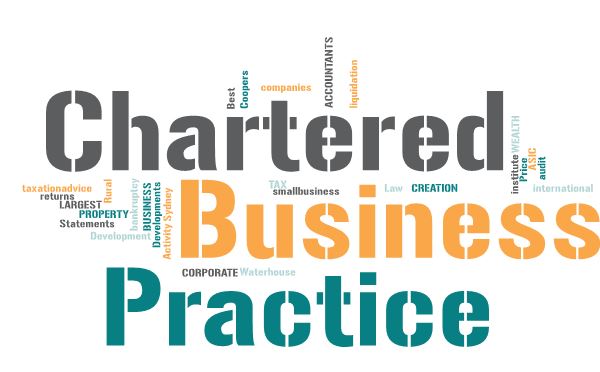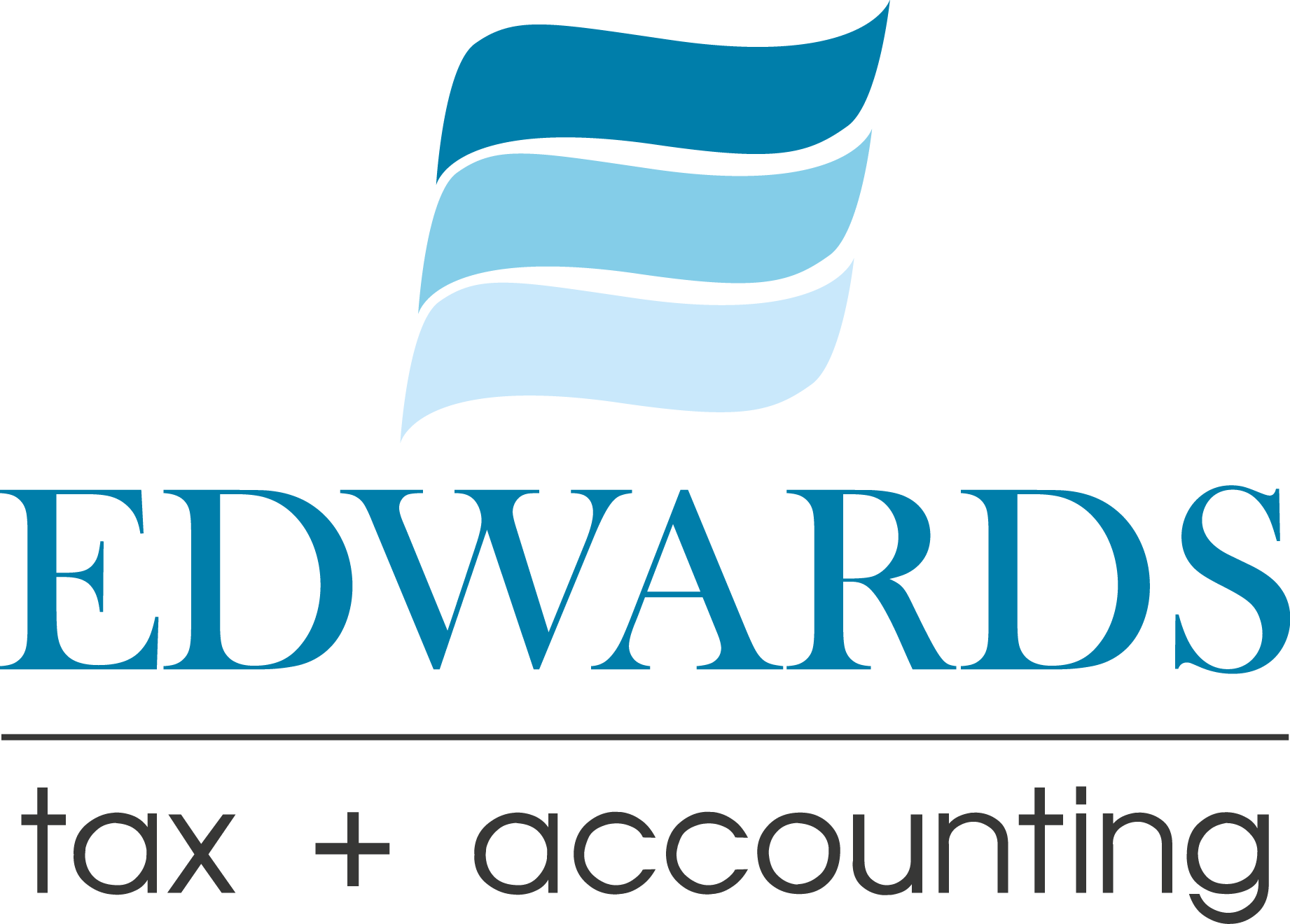
All directors have a duty to exercise their powers and discharge their duties with due care and diligence under both the general law and the Corporations Act 2001. As a director, you must be in a position to guide and monitor the management of the company. Your responsibilities are not limited by your particular background knowledge and experience.
You must become familiar with your company’s business and how it is run and take reasonable steps to comply with, or ensure compliance with, the legal requirement to keep proper books and records and, in some instances, to meet financial reporting and audit requirements.
If your company is a ‘small proprietary company’ or a ‘small company limited by guarantee’ you will generally not have to prepare formal financial reports each year and lodge them with ASIC.
All companies must keep written financial records that correctly record and explain the company’s transactions, financial position and performance, and allow true and fair financial statements to be prepared and audited. This obligation exists regardless of whether your company’s books and records are maintained in-house or outsourced to a third party, such as an accountant, and whether they are electronic or not.
If your company is required to prepare and lodge formal reports, you are entitled to delegate this task to others and seek professional advice. However, you are still expected to take a diligent and intelligent interest in the information and understand that information.
For instance, even though you may not be an accounting expert, you can still challenge the information and conclusions reached in a financial report prepared on your behalf by seeking explanations, further professional advice and reviewing the cash flows and assumptions used in the preparation of the calculations.

Contact Edwards Tax
See just how far you can go with Edwards Tax
Phone: (02) 4655 2602
